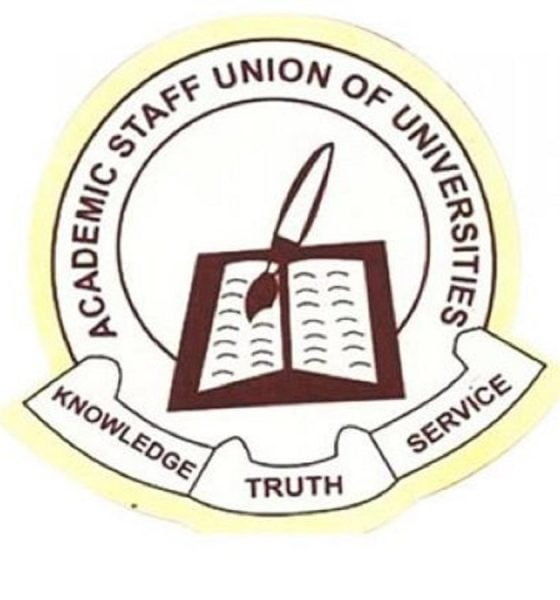An educationist, Dr Joseph Otuagoma, has urged the Federal Government to honour its agreement with the Academic Staff Union of Universities to prevent persistent strikes by lecturers.
A statement on Monday noted that Otuagoma made the appeal while addressing reporters in Lagos recently.
According to him, Nigeria’s higher education system has long been plagued by industrial disputes, with frequent ASUU strikes being one of the major reasons for declining confidence in public universities.
“In Nigeria, if a university doesn’t go on strike for a year, people are shocked. A course meant to last four years can easily stretch to six or seven,” he lamented
“These strikes don’t just delay education; they affect students’ mental health and career prospects,” he added. “When students are idle for months, many fall into depression or become vulnerable to negative influences. It’s a national tragedy.”
To prevent further strikes, Otuagoma urged the Federal Government to honour its agreements with university unions.
“Government must keep to the agreements it signs. Each time ASUU threatens to strike, the government makes new promises, knowing they won’t keep them. That cycle must end,” he said.
Last week, ASUU suspended a two-week warning strike that began on October 13, 2025.
The strike, which was due to expire on Monday, was suspended following renewed commitments from the Federal Government and the National Assembly to address the union’s demands.
The lecturers urged the government to take advantage of the one-month suspension window to meet their demands, which include a review of the 2009 ASUU–Federal Government agreement, payment of outstanding salaries and earned allowances, and disbursement of the university revitalisation fund, among others.
Otuagoma also called on the government to channel more funds into building laboratories, libraries, and technology-enabled classrooms.
“There are students studying computer science in universities who have never touched a computer. How can that produce quality graduates?” he lamented.
He further decried the underfunding of Nigerian public schools, while commending the role of private schools in providing alternatives.
“Private schools have come to stay in Nigeria. Even those who may not like it cannot change that fact, because government funding for education is simply not enough,” he said.
“In some schools, you find one teacher handling several subjects. And in some rural areas, there are no qualified teachers at all. They depend on corps members, who often have little interest in teaching because they are only passing through,” he added.
Otuagoma stressed that Nigeria must treat education as a national emergency.
“No nation can rise above the quality of its education system. If we continue to neglect education, we will keep producing half-baked graduates. But if we invest in teachers, infrastructure, and innovation, the results will speak for themselves,” he maintained.
He added that: “What private schools have done in Nigeria is proof that quality education is possible when there is focus and accountability. Now, it’s time for the government to do the same.”
















